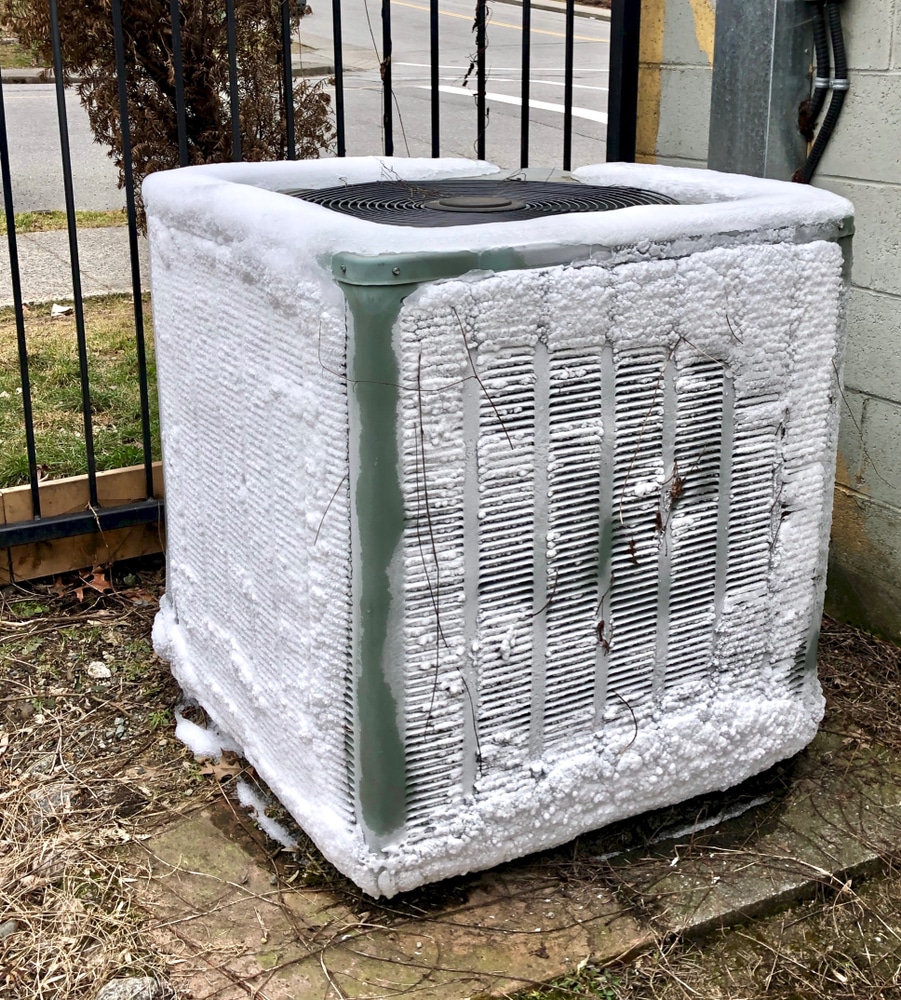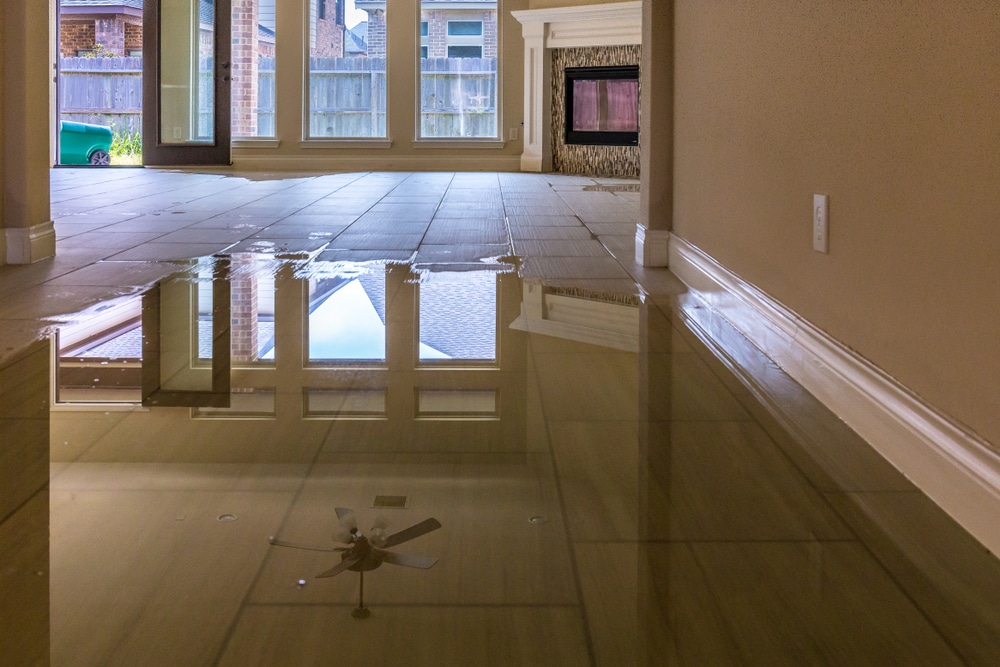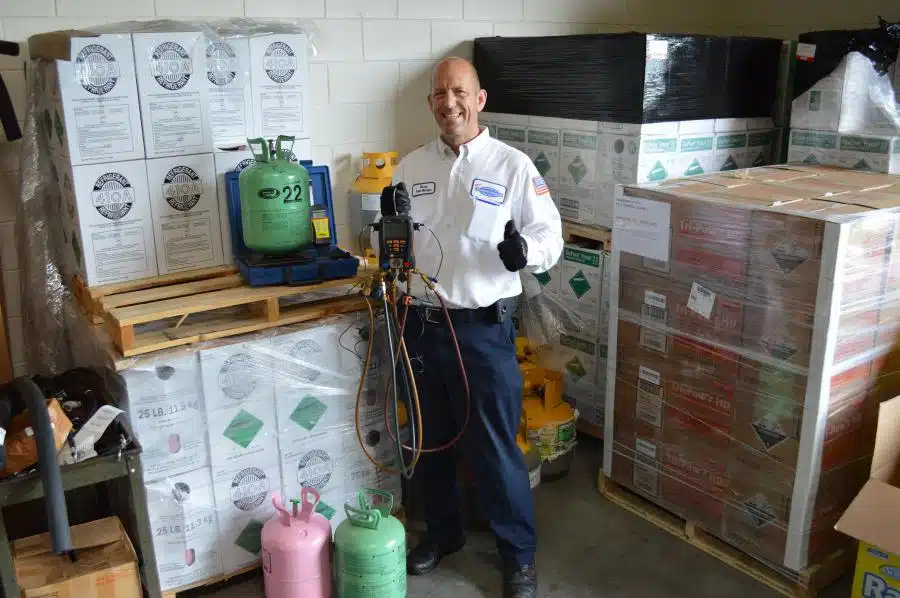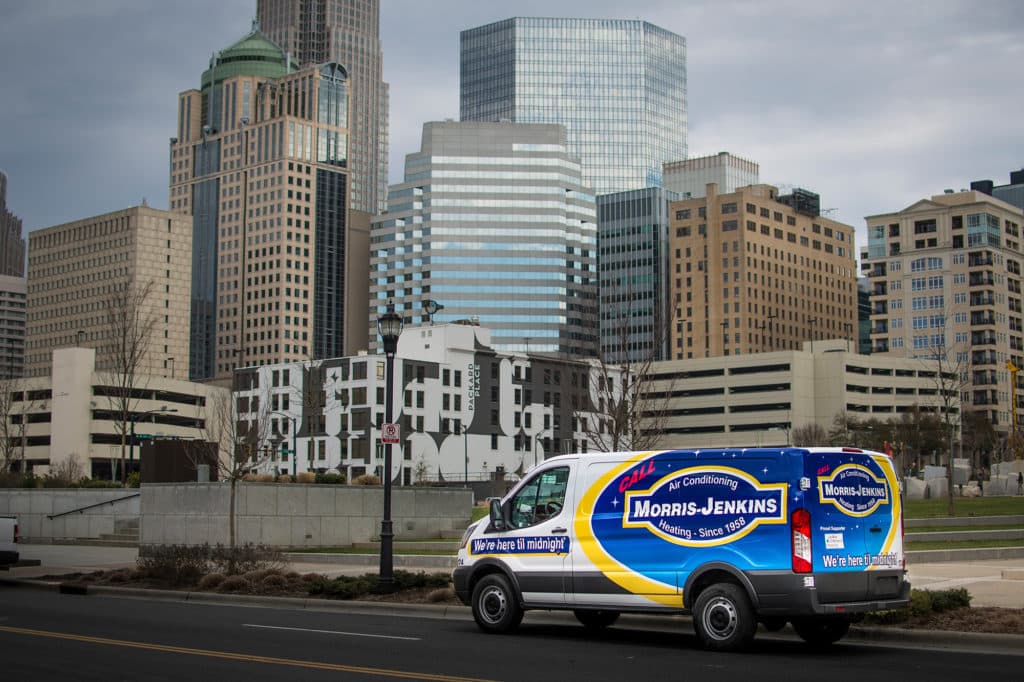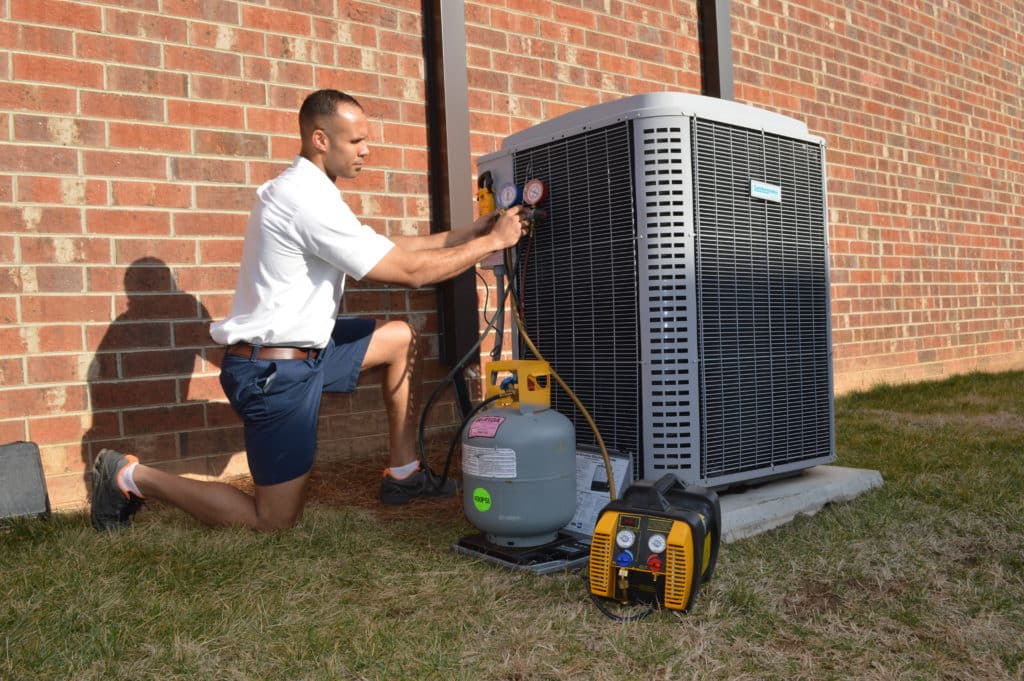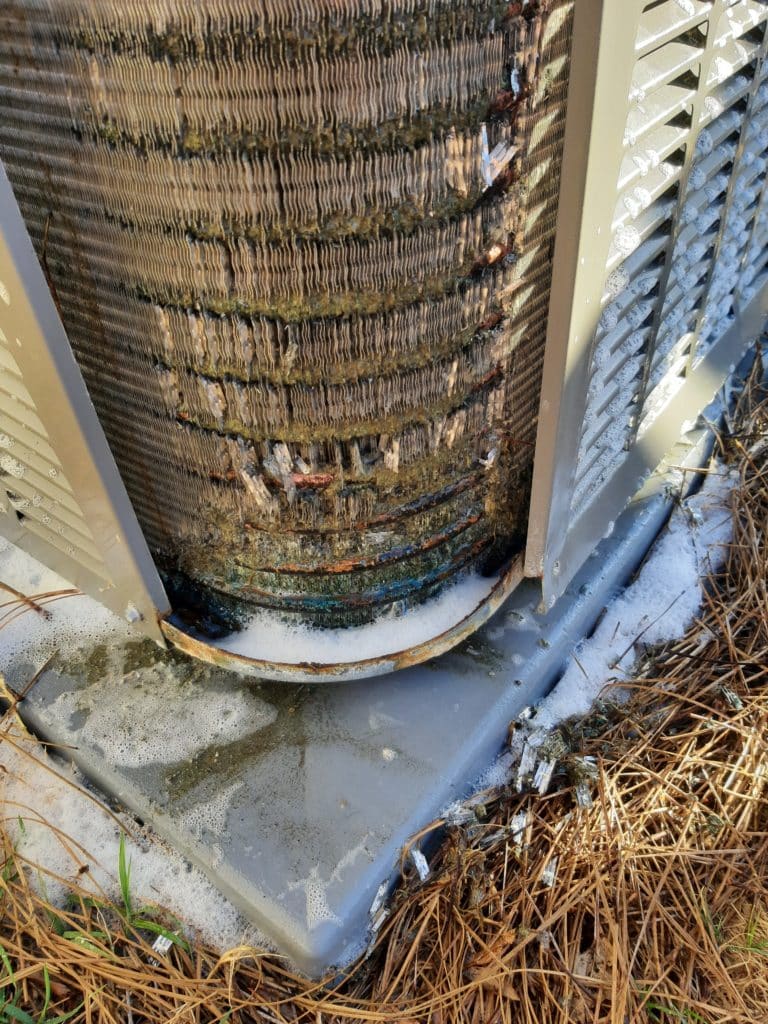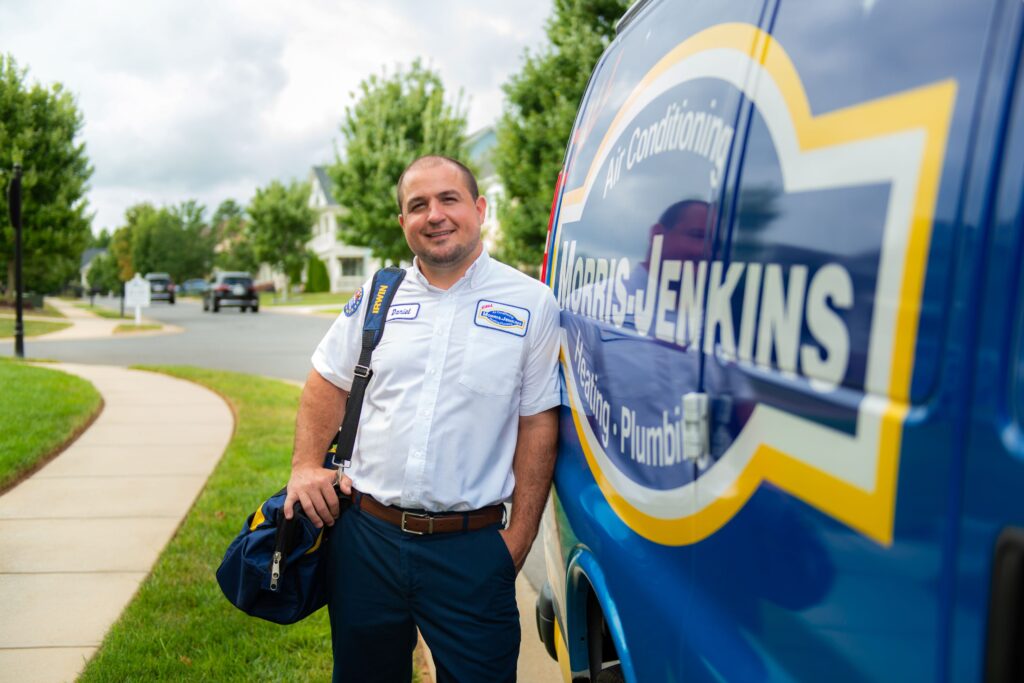HVAC stuff is confusing. We get it! Through the confusion, people have started to believe some things that just aren’t true, and we wanna help. From misconceptions about freon to mistakes about filters, we’ve heard it all! Here are just a few of the incorrect HVAC things we’ve heard:
1) Systems need to be “topped off” with freon every now and then.
If you’re about to go on a long road trip and notice one of your tires is low on air, you don’t just fill it up, you get it checked for nails. In a similar way, you don’t want to start your summer with low freon. This would mean there’s a bigger issue. If your unit is leaking refrigerant, it needs to be repaired!
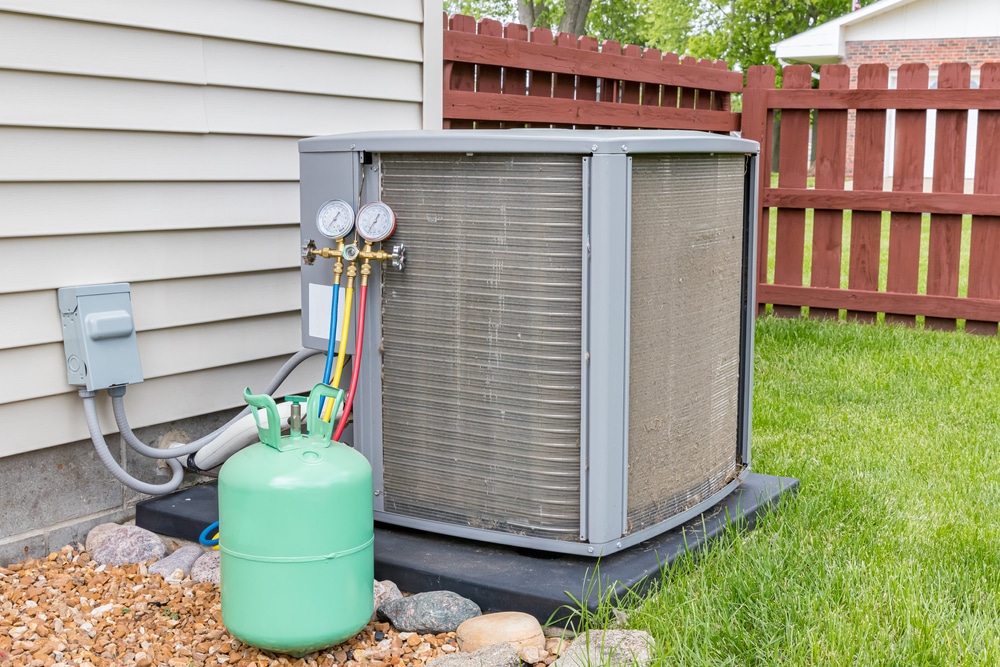
Air conditioners don’t “use up” freon and don’t need to be “topped off.” Freon, or refrigerant, helps move heat out of your house through the coils. As long as everything is working as it should, your freon should be able to cool your home over and over again without running out. If your freon levels are low, it’s because you have a leak in your coils. When your freon is low, it’ll damage your compressor! The best course of action is to repair the problem. “Topping off” freon levels when they’re low is just an expensive band-aid. If you have a leak, that freon is just gonna keep leaking out and costing you more money until you have the leak itself dealt with.
Think you might have a refrigerant leak? Check out our blog post: 8 Signs You Might Have a Refrigerant Leak!
2) If your outdoor unit frosts up in the winter, it’s broken.
A little bit of frost (like a snow dusting) is normal on a heat pump. The problem is if your unit starts forming ice—that is not normal. Your unit can still put out heat if the outdoor unit is frozen, but it uses your emergency backup heat—this can send your electric bills through the roof!
Not sure if your unit is a heat pump? Heat pumps use refrigerant and electricity to produce heat, not gas. If your unit uses gas, it’s probably not a heat pump.
To learn more about the differences between heat pumps and split system air conditioners, check out this article!
3) Water coming from the drainpipe outside means you have a leak.
Is there water coming out of your drainpipe outside? If you can’t find it, it’s usually near your outside unit. Water might raise some red flags in your head—is something leaking? Don’t panic! This is actually totally normal. It just means the water is being redirected out of your home instead of causing water damage inside.
The water you’re seeing is the humidity your unit is removing from your home to lower the temperature. If water wasn’t coming from that pipe during the summer, it could mean you have water damage inside your home.
4) Thick, expensive, “allergen” filters are better for your home.
You might think the heavy-duty filters with big price tags are better, but they actually “choke” your system! The thick, tight pleats don’t allow enough air through, and when your unit can’t breathe, it can start to work harder just to keep up. It can even break down prematurely. Pleated filters are best, but we recommend wider pleats so your unit can get enough air.
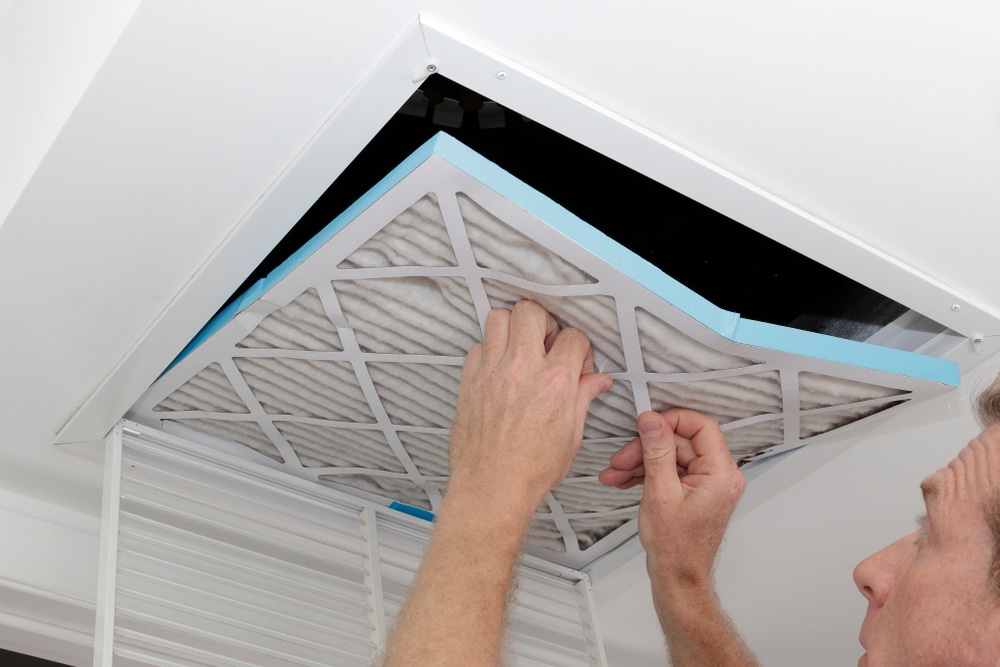
5) Filters are used to clean the air in your home.
The main job of your air filter is not to keep your air clean, but to keep your HVAC unit clean! When dust and debris get into your unit, it can clog up fans, motors, hoses, coils, and more. A dirty unit will have a harder time running, meaning your utility bills will go up and it could take longer for your home to heat up or cool down. Filters can help prevent some costly damages. If your system is clean and you remember to change your filters, it can also keep dust from recirculating in your home, but clean air is just an extra benefit.
6) If you turn your thermostat to something even higher/lower than what it’s at, it’ll heat/cool your home faster.
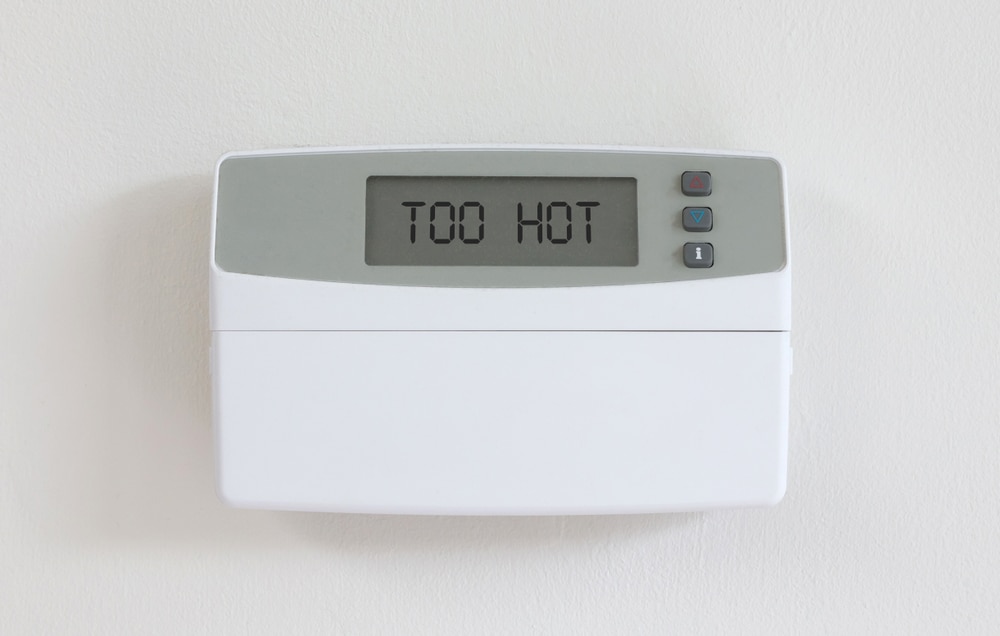
If it’s a cold February day and you wanna warm up faster, you might think it’s a good idea to bump up the temperature on your thermostat even more. It may come as a surprise, but this won’t make your home warm up (or cool down) any faster. A system set for 68 degrees warms up just as fast as a unit set to 72 degrees, the only difference is the second one will have to run longer because it won’t shut off until the home reaches 72 degrees. The air your unit puts out will be the same temperature either way!
@morrisjenkinsclt Setting your air conditioner to a lower temperature isn’t going to cool your home any faster. In fact, your unit will just run LONGER, which costs you more money in the long-run. The same applies for heating your home and raising the temperature more. If you want to cool your home FASTER, try turning on your ceiling fans and set them to spin COUNTERclockwise to help push cool air down. #themoreyouknow #homehacks #hvac #summertips #keepingcoolthissummer #ncsummer #scsummer #thermostat #homemyths #didyouknow #helpfultips
♬ lordxp loop – LORD.xp
7) Your unit is completely outdoors.
When you picture your air conditioner, do you picture the large mechanism with a fan outside your home? Believe it or not, that’s only half of your heating and air system! The inside part of your unit includes your air handling unit, which sends cool air through your home. It also includes the evaporator coil, which absorbs heat from your home by using refrigerant. That refrigerant carries the heat out to the outside unit, which contains your condenser coil and fan. The outside part of your unit removes heat from refrigerant, expelling heat out of your home and sending the cooled refrigerant back to the evaporator coil inside your home. Then, the process repeats!
8) Systems last 20 years.
As nice as it would be if every heating and cooling system lasted 20 years, it’s not common. More often, we see units that last 12-15 years, with the occasional unit lasting up to 20.
Your unit’s efficiency can get worse over time. As it ages, parts can begin to wear down and break. The best way to keep your unit alive and well as long as possible? Schedule your routine maintenance! Just like your car, your unit needs regular maintenance to make sure everything is running smooth. If your technician spots something during your maintenance that could use some attention, they really are making suggestions that are in your best interest. Keeping up with recommended repairs can keep your unit running well and can help prevent more catastrophic damages down the line. There’s no way to guarantee your unit will make it to 20 years, but regular maintenance will give it the best shot!
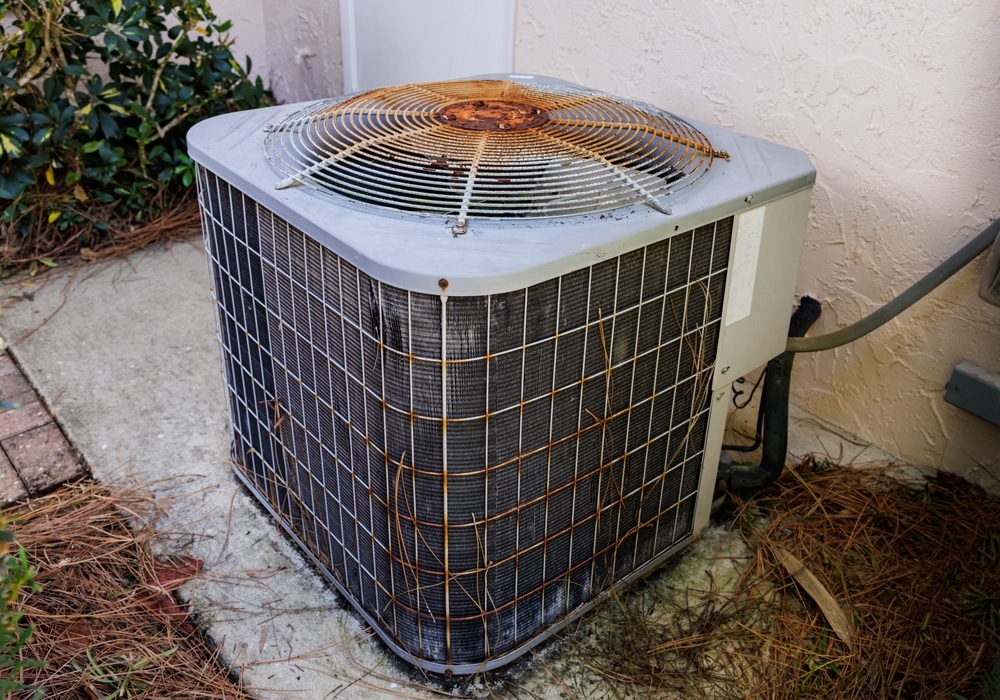
Just like how cars have wear and tear items (such as your wiper blades) that need to be replaced every so often, your system also has wear and tear items. Just because one of these parts goes bad doesn’t mean the whole car or the whole unit has gone bad—it just means you need to schedule some service and get things fixed up.
The easiest way to stay on top of your maintenance is to join Priority Advantage®!
9) You should pick your HVAC unit based on brand.
You probably have your favorite brand of cereal, shoes, and even cellphones, but when it’s time to buy a new heating and air conditioning unit, do you research brands? Don’t get too caught up on brand names when it comes to HVAC. Most units carry 5-year parts warranties, but most of them have lots of disclaimers that require proper installation and service. So, while the brand is still important, you still need to factor in the importance of the contractor. The contractor can have more of an impact on the life of your unit than the brand itself.
It’s always a good idea to find a contractor that sells multiple brands so they can select the very best fit for you. Morris-Jenkins is proud to offer lots of different brands! When you schedule a consultation with our experts, they’ll ask you some questions and figure out what unit would be the best match for your family and your home!
Is your unit on its last leg? Let’s Talk About New Units
What Other Heating and Cooling Misconceptions Do You Have?
If you believed any of these common misconceptions, you’re not alone! A lot of people do, and that’s why we wanted to talk about it. Heating and air conditioning can get really technical and tricky, but technicians should never talk over your head. When you schedule an appointment with a Morris-Jenkins technician, we make information easy to understand. It’s best to be informed when you have to make an important choice about your home. We want you to feel confident whenever you need to make a decision!
Need service or maintenance? We’ll make it easy for you!
